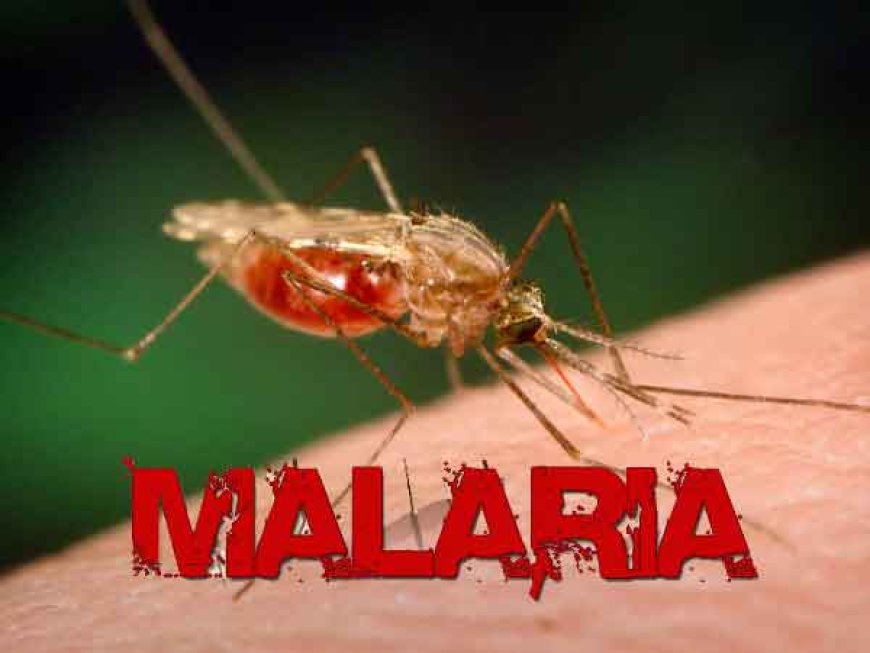24 million tested positive for malaria – FG

No fewer than 24.47 million individuals tested positive for malaria in Nigeria in the first nine months of 2025.
This is according to the 2025 National Health Statistics Report released by the Federal Ministry of Health and Social Welfare and obtained by our correspondent on Friday.
The data showed that the number of persons who presented with fever and were tested for malaria using Rapid Diagnostic Tests and microscopy increased steadily over the three quarters.
The figures, broken down by quarter, highlight a worrying upward trend in malaria cases across the country.
Nigeria, which accounts for a significant proportion of global malaria cases, continues to face challenges such as late treatment-seeking behaviour and inadequate healthcare infrastructure, both of which exacerbate the disease burden.
The quarterly trend suggests that malaria incidence peaks during the second half of the year, coinciding with the rainy season when mosquito breeding intensifies.
Experts warn that without targeted interventions, the number of malaria cases is likely to rise further before the end of 2025
From January to March, approximately 10,517,416 Nigerians were tested. In the second quarter, from April to June, the number rose to about 11,449,804 Nigerians
By the third quarter, from July to September, testing reached 12,878,508 Nigerians. In total, over the nine-month period, 34,845,728 Nigerians were tested for malaria.
“Of those tested, those who were confirmed positive for malaria during the first quarter were 7,301,279. From April to June, approximately 7,841,483 individuals were confirmed positive.
“In the third quarter, from July to September, about 9,324,470 tested positive for malaria. This brings the cumulative total of confirmed malaria cases for the first three quarters of 2025 to 24,467,232,” the report noted.
The report also showed that the number of persons with uncomplicated malaria treated with Artemisinin-based Combination Therapy rose in tandem with positive cases.
In the first quarter, approximately 7,144,538 individuals received treatment.
In the second quarter, about 7,663,106 people were treated. By the third quarter, no fewer than 9,043,786 individuals received ACT therapy.
Altogether, around 23,851,430 individuals received treatment during the nine-month period.
Meanwhile, the Minister of State for Health and Social Welfare, Dr. Iziaq Salako, during the 2025 Joint Annual Review in Abuja, stated that the Malaria Control Programme under the National Malaria Eradication Programme has achieved significant milestones.

 admin
admin 


